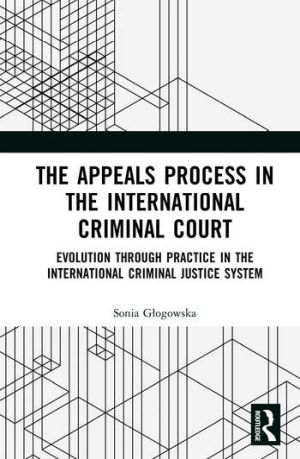
This book presents an analysis of the model of appellate procedure before the International Criminal Court, based on both the Court’s legal texts and case-law. While guiding the reader through the complexities of the Rome Statute, the Rules of Procedure and Evidence and the Regulations of the Court, the author underlines the role of judicial law-making powers in international trials. The study reflects on numerous legal and functional problems arising in the Appeal Chamber’s practice, including those that have yet to be addressed by the Court. The monograph proves that while the ICC legal texts are not clear about the general shape of appellate procedure before the ICC, especially the functions of the Appeals Chamber and objectives of appellate proceedings, the model of appellate procedure has been developed through the Appeals Chamber’s practice, sometimes contrary to the literal interpretation of the provisions of the Rome Statute and not in line with the expectations of the international community.
The book will be of interest to academics, researchers and policy-makers working in the areas of International Criminal Justice, International Human Rights Law and Criminal Law and Procedure.